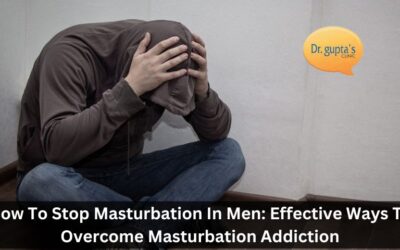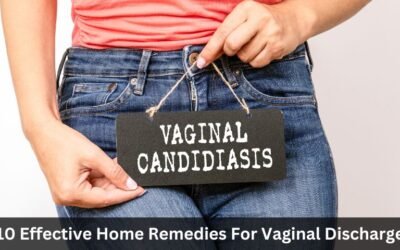How Does Age Influence Fertility? It goes without saying that the reproductive potential of both men and women declines with age.
However, according to a study, only one-third of people worldwide are aware that fertility declines gradually after age 35.
The age of both partners influences the likelihood of pregnancy. So, if you want to start a family soon, you should understand how age and fertility are linked.
The Influence of Age On Male Fertility
Because the sperms produced are healthy and active at this age, healthy men under 40 have a good chance of making their partner pregnant. However, a man’s fertility may suffer as they age due to medical conditions such as erectile dysfunction.
Their sperm quality and quantity also deteriorate as they age. As a result, it takes longer to impregnate the female partner. More specifically, men over 45 take five times as long as men under 25 to assist a woman in conceiving, says the expert of Dr Gupta’s Clinic.
In fact, older men are more likely to have children with genetic defects such as autism and Down syndrome. Men between the ages of 45 and 50 who become fathers may also pass on the risk of schizophrenia to their children. Miscarriages are also possible as a result of genetic abnormalities in the sperm.
The Influence Of Age On Female Fertility
Women are most fertile in their twenties, after which their egg quality and quantity decline. This reduces the chances of becoming pregnant, and the rate begins to fall sharply after the age of 30. Although women are fertile until menopause, natural conception can be difficult, if not impossible, without assistance.
Even infertility treatments cannot fully overcome the effect of age on eggs. Miscarriages and chromosomal disorders are among the complications that increase with age.
The ovarian reserve begins to decline, and the egg-containing follicles become incapable of responding to stimulation. The woman cannot ovulate, and the eggs do not mature. Advanced maternal age can also raise the risk of stillbirth, premature birth, congenital disabilities, and C-section delivery.
The primary impediment to conceiving and delivering a healthy baby is age. If you are planning to have a baby, it is critical to understand the consequences of postponing pregnancy before it is too late. If you have been trying to conceive for more than a year and have been unsuccessful, you should seek advice from a sexologist, says the expert Sexologist.
Conclusion
Age is a crucial factor that affects fertility in both men and women. As men age, the quality and quantity of sperm may deteriorate, leading to difficulties in conceiving and increased risks of genetic abnormalities in children. Women are most fertile in their twenties, and their egg quality and quantity decline after age 30, leading to reduced chances of natural conception and increased risks of miscarriages and chromosomal disorders.
It is essential for couples planning to have a baby to understand the consequences of postponing pregnancy as fertility declines gradually with age. If you have been trying to conceive for more than a year without success, seeking advice from a sexologist or fertility specialist can be beneficial. Understanding how age influences fertility can help couples make informed decisions about family planning and take appropriate steps to achieve a healthy pregnancy and delivery. Don’t wait until it’s too late – take charge of your reproductive health and seek professional guidance when needed.
For more information, please visit the website.
Website: https://www.drguptas.com/
You can also contact us through mail on: drguptasclinic@gmail.com
Or can also call us on: +91 9831834215
Related Blogs
How To Stop Masturbation In Men: Effective Ways To Overcome Masturbation Addiction
Are you in the habit of masturbating a lot? If yes, then you are on the right page! Masturbation is a natural and healthy aspect of human sexuality, contributing to sexual pleasure and overall sexual well-being. However, when it becomes an uncontrollable masturbation...
10 Effective Home Remedies For Vaginal Discharge
Many women have white discharge, also known as leucorrhoea, which is an issue that usually affects young girls of school age. This discharge problem occurs at a certain time period of the menstrual cycle. Girls and women shouldn't worry because the amount of white...
PCOD Diet: Foods To Eat And Avoid
Many immature or partly developed eggs are released by the ovaries as a result of polycystic ovarian disease (PCOD), which leads to cyst formation. Reduced symptom severity is a primary goal of PCOD diet and therapy. Indications of PCOD include painful or irregular...




